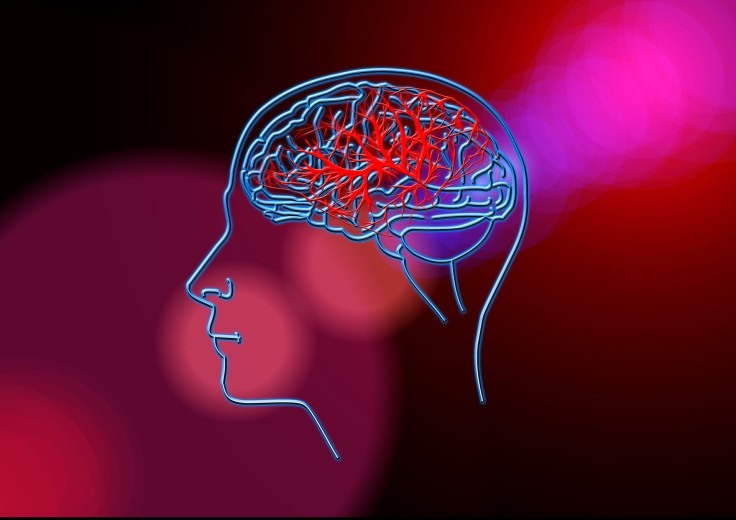Recurrent Stroke Can be Reduced By Lowering LDL To Below 70

Being the leading cause of disability and death in the United States, stroke affects about 15 million people worldwide every year. New research suggests that treating stroke patients to lower their LDL levels resulted in fewer recurrent strokes and major cardiovascular events.
“In the Treat Stroke to Target [TST] trial we showed that the group of patients with an atherosclerotic stroke achieving an LDL cholesterol of less than 70 mg/dL had 22% less recurrent ischemic stroke or other major vascular events than the group achieving an LDL cholesterol between 90 and 110 mg/dL," Medscape Medical News quoted the study’s lead author Pierre Amarenco, MD, chairman, Department of Neurology and Stroke Centre at Bichat Hospital in Paris, France.
The findings of the clinical trial (which was stopped early due to lack of funding), is the second trial done in neurology for stroke prevention using statins and lipid-lowering therapy.
To achieve the LDL-lowering target, about two-thirds of patients received high-dose statin therapy and the rest received high-dose statin as well as ezetimibe. They found no significant increases in intracranial hemorrhage between the two groups.
The researchers opine that guidelines should start recommending a target LDL cholesterol of less than 70 mg/dL in all stroke sufferers.
The American Heart Association guidelines recommend intense statin therapy after an atherothrombotic stroke but no target level is given to the doctors and most of them receive a reduced dose of statin.
Despite 70% of patients receiving a statin, the average LDL cholesterol level was reported to be 92 mg/dL.
The previous SPARCL trial of 2006 had demonstrated a 16% risk reduction with atorvastatin 80mg daily and further risk reduction of 33% among those with carotid stenosis. But there were some concerns about safety.
For the TST trial, the researchers enrolled participants between March 2010 and December 2018 in one of the 61 centers in France. They then evaluated the participants after an ischemic stroke with evidence of atherosclerosis and was treated using a statin.
The findings revealed that LDL cholesterol is causally related to atherosclerosis and confirms that the lower the LDL cholesterol, the better.
Future trials are required to explore the efficacy and safety of lowering LDL cholesterol to very low levels such as less than 55 mg/dL or lesser in patients with ischemic stroke.
© Copyright IBTimes 2025. All rights reserved.






















